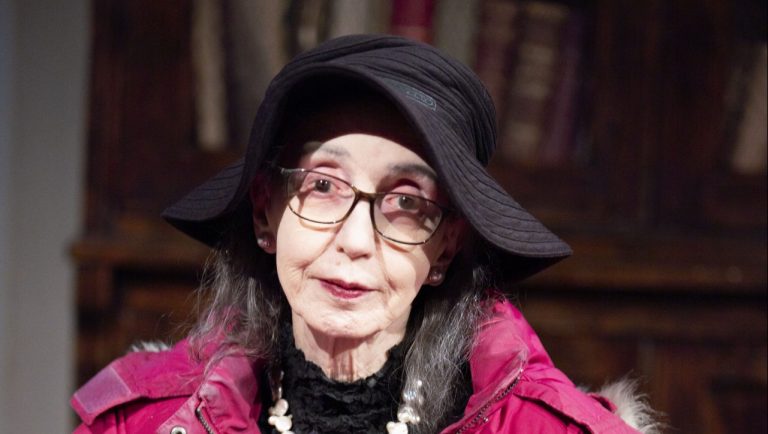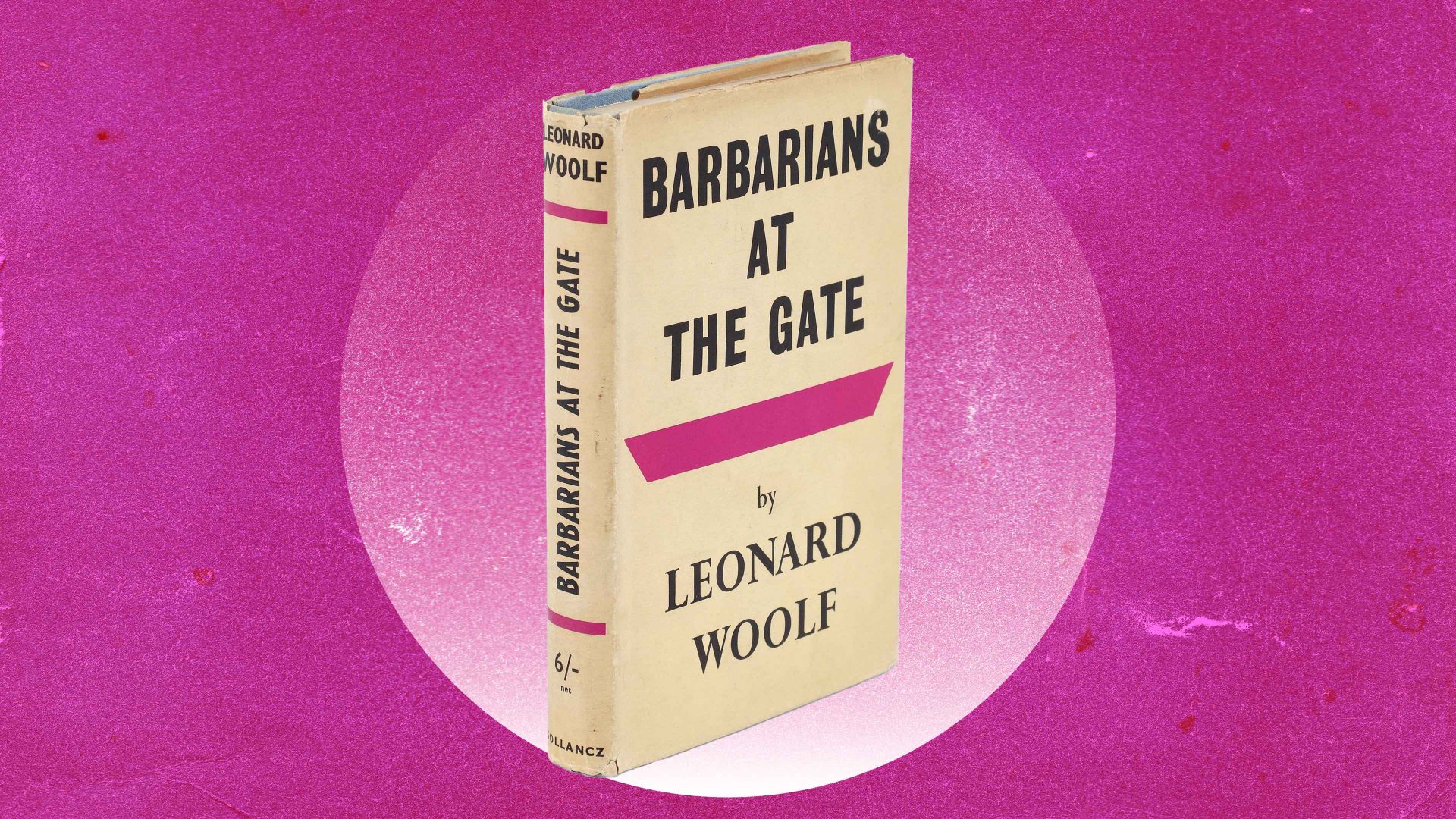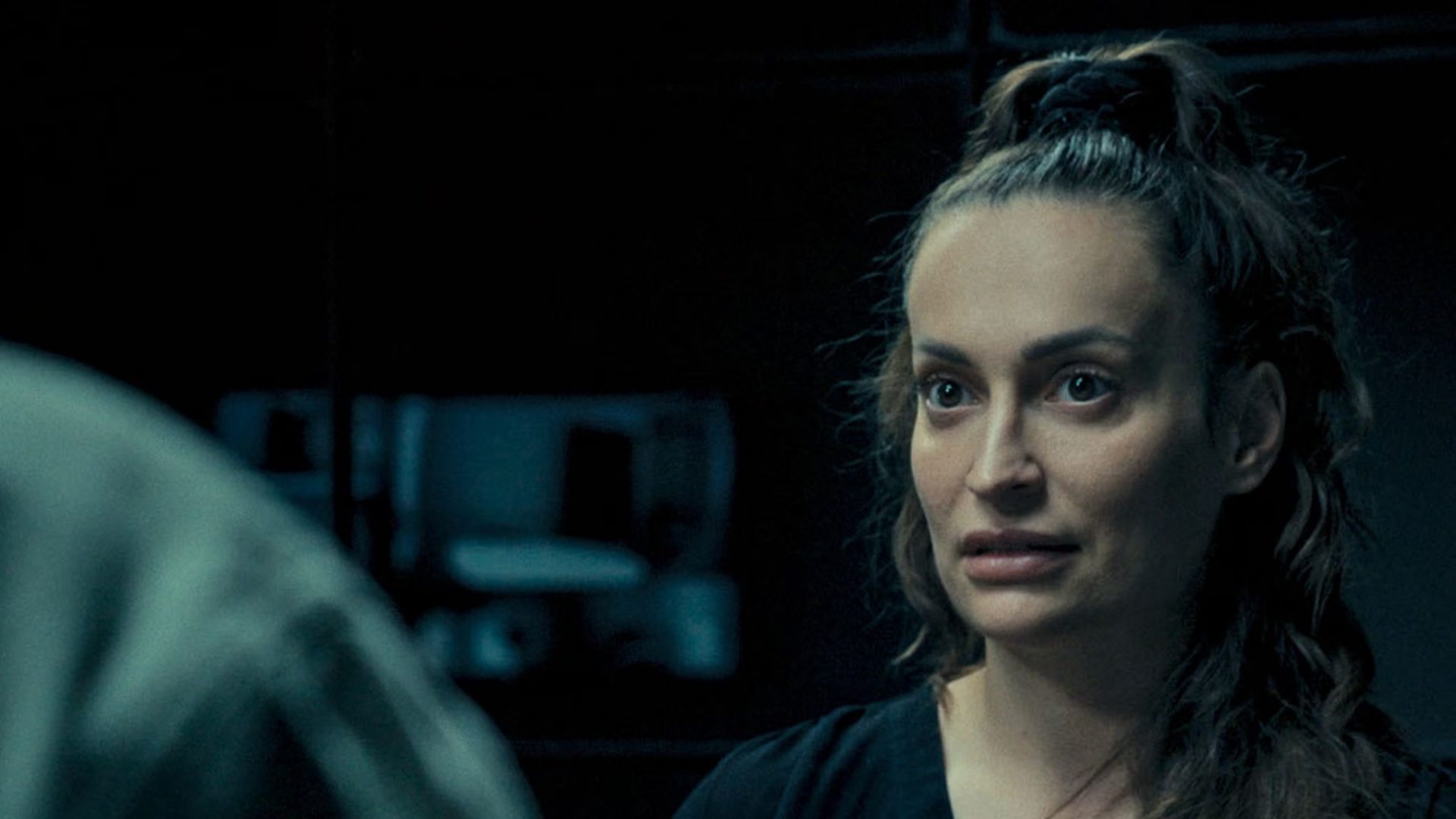As the world rages and burns, I have found myself drawn back to The Barbarians at the Gate, the 1939 book by Leonard Woolf (husband of Virginia). It is about – yes! – the idea that barbarians are at the gates of civilisation.
The ones here are the Nazis, whose appetite for smashing democracy, the arts and liberalism under their jackboots Woolf correctly saw as threatening to centuries of European civilisation. The problem, he concludes, is not that the barbarians are at the gate but that the barbarians are already inside the citadel.
I hesitate here, because the last decade has been defined by constant recourse to parallels with Nazis and fascism and the taking of more than one author of the 1930s in vain. Equivalences are all well and good, but they tend to smooth history over in an obscuring way and to create an air of cosy familiarity and we’ve-seen-all-this-before which plays down the challenges we face.
This one, though, is illustrative.
Woolf’s book contains alarming references to Europe’s colonial past and also some startlingly woke (used without irony or disdain) acknowledgements of the same. He worries that even before Hitler, “there were certain standards of public right and wrong, of justice, law and humanity” that had been gradually abandoned.
“The use of force,” he writes, “unrestricted by laws, rules, customs, or agreements, by governments against states, classes and individuals has become an everyday incident in European life.” He fears that even beyond the lack of reaction on a world stage, these ideas of cruelty, indifference and even violence were “breaking into the minds of civilised people.”
Woolf’s thoughts about the insidiousness of this change in sensibility is the most interesting element of his book. He talks not only of armies and statesmen, but the ways in which norms of ordinary people’s attitudes become warped out of shape when placed under stress as the media – in his age, that meant newspapers, newsreels and radio rather than social – conveys stories of disasters and massacres into our living rooms.
Woolf here presents an equivalence of his own. Just as 21st-century commentators search for parallels with the fascism of the 1930s, Woolf and his contemporaries looked to the collapse of Ancient Greece and Rome to ground, explain and perhaps even reassure readers and themselves.
A classicist by trade, his idea of Europe is epitomised by these ancient civilisations, the ones who brought us democracy, scientific method, critical thinking. “The Greeks and those who admire many things in their way of life are out of date and unpopular to-day, partly because in an age of passion and propaganda the rationality and objectivity which were such marked characteristics of Greek life, thought and civilisation are naturally distasteful,” he writes.
Suggested Reading

The 87-year-old author who beat Elon Musk
Woolf assumes, however, that in the future, “facts and history remain uninfluenced by propaganda and survive our dislike of them.” It is a prediction that now seems hopelessly naive.
For Woolf, to be modern, to be civilised, required an acceptance of universal truths, of democratic norms and of the rule of law in nations as in individuals. In these ancient civilisations, learning was prized, art and culture were venerated, though admittedly not for everyone.
What he saw in Nazism was a rejection of these norms and a nastier, narrower kind of man being formed. A man who eschewed learning as irrelevant, art as dangerous, notions of truth as smug and irrelevant. Is this sounding familiar yet?
What Woolf was chiefly concerned about was a change in the hearts of people as much as states – that his peers were starting to accept aspects of a thinking which was antithetical to the human traditions and ways of living together that had taken centuries to learn.
And this is where the parallels become more pressing. It’s no longer just the internationally-sanctioned state violence going on beyond the walls of Britain, but the incremental changes over the decades which have had their effect on chilling free speech, undermining communities, savaging the arts and cultural sectors.
We see the running down of libraries, the underfunding of schools and universities, the dilapidation of public buildings – institutions which help us to connect to the past and to dream of a better future. We are supposed to accept that this is something normal which can’t be helped. A sign of the times.
We even mimic and begin to accept the talking points that compassion is woke (and woke is bad), that art is for la-di-da rich people, that humanities degrees won’t help you get a job.
None of which is true. The aim of all of these things is to quell debate, to mute progress, to create a baser, meaner population who will accept more and expect less.
What might our equivalence be? The barbarians are inside your city and inside your phone? The barbarians are coming at you through the internet?
It is worth considering when next we come to accept something that we wouldn’t have previously – racism in the pub, the closure of another local resource, a climate protester jailed, – how much we’ve become a little barbarous ourselves.
Katherine Cooper is a writer, academic and broadcaster who works at the National Centre for Writing



